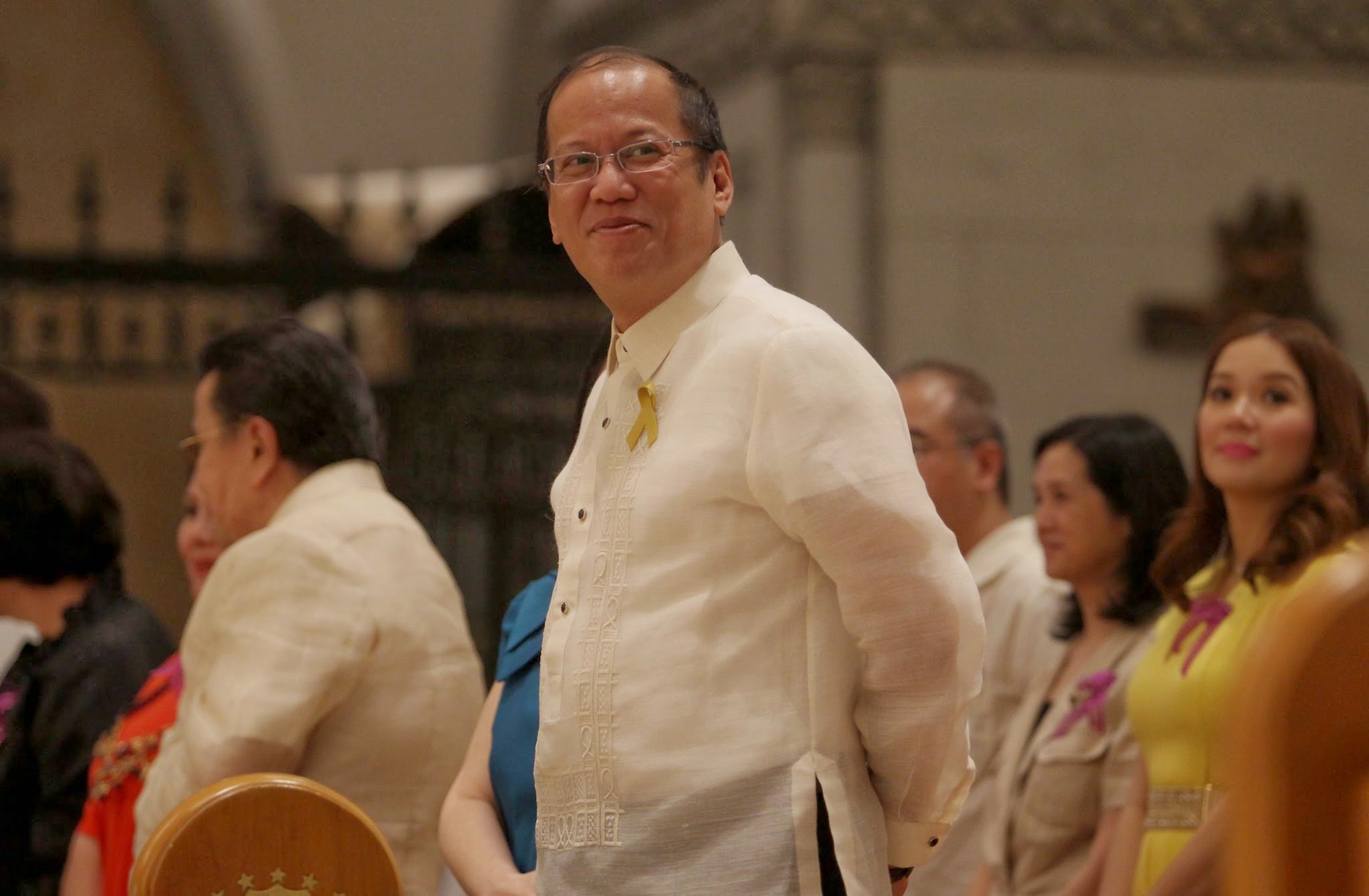
MANILA — President Benigno S. Aquino III is optimistic of hitting 10 million foreign tourist arrivals by 2016, as the government is working continuously to reduce the impacts of climate change on tourism.
At the United Nation World Tourism Organization (UNTWO) ASEAN International Conference on Tourism and Climate Change held in Legazpi City on Monday, the President said the country already welcomed 4.68 million international tourists last year, nearly 10 percent higher than the previous year.
“And we remain committed to breaching the ten million mark by the time my term ends in about two years and one month,” he said.
The Chief Executive said the Philippines also remains in active pursuit of revised 56.1 million domestic travellers target by 2016. Such target was raised after the country met the target for 2016 of 35.5 million domestic travellers in 2011, or five years ahead of schedule.
To achieve such targets, President Aquino said the country is undertaking initiatives to reduce the impact of the effects of climate change on its tourist destinations, among others.
“It is true: We have some of the best beaches and dive spots in the world; sadly, these areas are also the ones most vulnerable to climate risk—whether in the form of loss of biodiversity or coastal erosion,” he said.
The President said it has included climate change adaptation and mitigation, as well as disaster risk reduction and management, among the major considerations for future development.
“Our plan: To mainstream climate change adaptation with local, sectoral and national plans—all of which will consequently guide the development of tourist destinations and tourism activities per locality,” he said.
The Chief Executive also underscored the importance of tourism to Philippine economic growth and jobs generation.
“Clearly, as long as tourism can be pursued in a sustainable manner, then it is certainly one of the best sectors to focus on—and one of the shortest and most efficient paths to inclusive growth,” he said.
With the increasing risks of climate change, President Aquino urged fellow Southeast Asian leaders and of other nations as well to work together to best respond to the impacts of climate change on tourism.
“Climate change is real. It is a threat not simply to our industries or to our economies; it is a grave threat to all our peoples. The sooner we move on a more united front—and the sooner we agree on a systematic, concerted effort to address the problem—the sooner we can make a more profound impact on changing the effects of climate change,” he noted.
The President said countries need to come up with a more focused and more organized strategy to adapt to the risks it poses.
“This entails each country revisiting the way they approach every facet of governance to take into account how they affect the environment—from infrastructure, to agriculture, to energy,” he added.